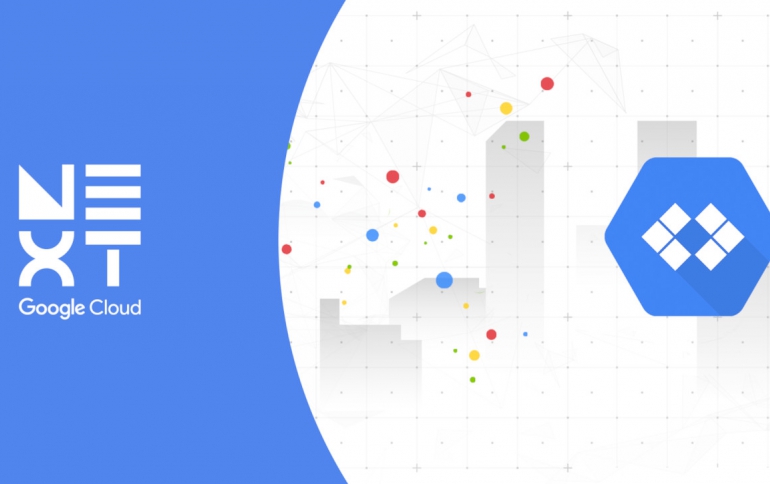
Google Announces Cloud Code to Accelerating Cloud-native Application Development
Google is introducing Cloud Code, a new set of plug-ins for IntelliJ and VS Code that brings automation and assistance to every phase of the software development lifecycle, using existing tools.
The central tool of software development is the Integrated Development Environment (IDE). IDEs like IntelliJ and Visual Studio Code help developers stay productive while editing, compiling, and debugging code, but they work best with local applications. That can lead to challenges when developing applications for the cloud, as the local and cloud environments differ, which can cause errors to be caught late in the development cycle.
With this first release of Cloud Code Google has focused on making it easier to develop applications that run on Kubernetes, including Google Kubernetes Engine (GKE). Cloud Code extends VS Code and IntelliJ to bring all the power of IDEs to developing cloud-native Kubernetes applications. With Google’s command-line container tools like Skaffold, Jib and Kubectl under the hood, Cloud Code gives developers continuous feedback on their project as they build it, extending the local edit-compile-debug loop to any local or remote Kubernetes environment. Support for deployment profiles lets developers define different deployment targets, like local development, shared development, test, or production, so they can easily test and debug on their workstations or in the cloud.
Cloud Code also makes it easy to integrate Google APIs into applications. For instance, within IntelliJ Google offers an integrated library manager that adds the required dependencies to your application, enables the API automatically for your project and manages any required secrets.
Cloud Code also helps developers when they’re getting started, with an updated set of Kubernetes samples that come pre-configured for debugging, build and deployment.
Cloud Code can integrate with existing DevOps tools and services including Cloud Build and Stackdriver. For example, once code is ready to deploy, developers simply do a pull request or commit, which triggers Cloud Build to automatically build, test, and deploy their applications.




















